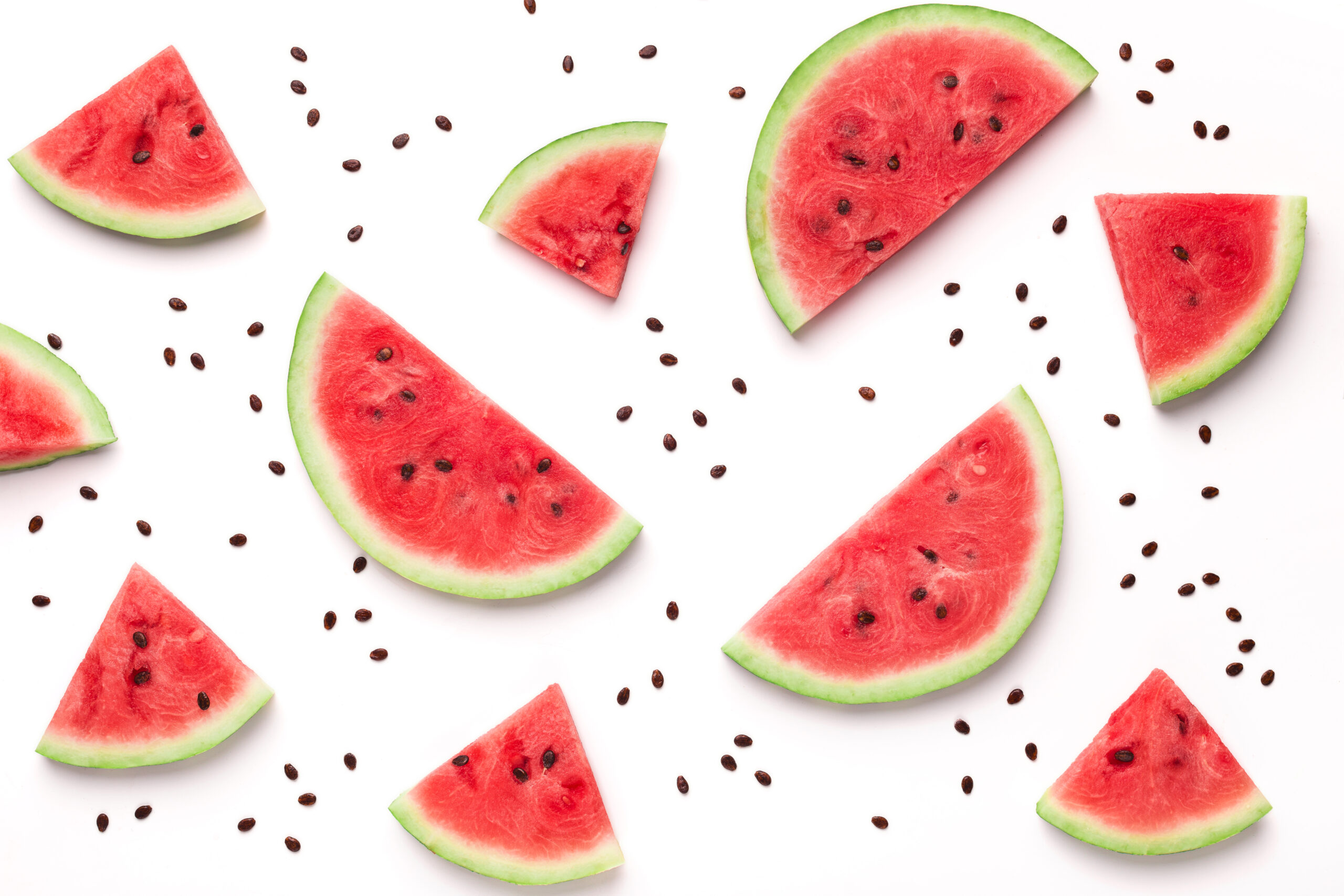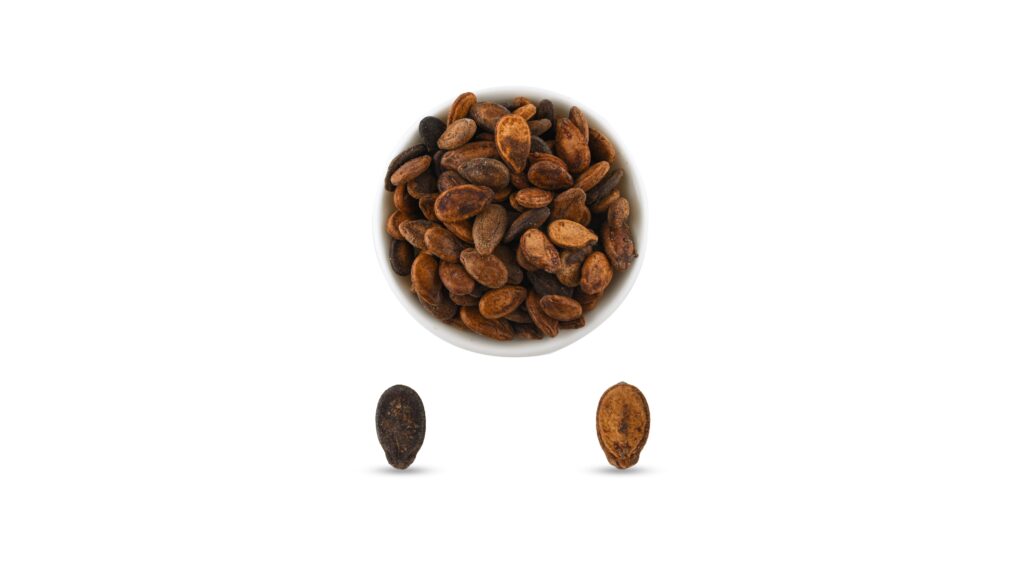
Can You Eat Watermelon Seeds? Everything You Need to Know
INTRODUCTION
Watermelon is a refreshing and delicious fruit that is popular during the summer months. But can you eat watermelon seeds? The answer is yes; watermelon seeds are safe to eat and are even considered a healthy snack.
Watermelon seeds are rich in nutrients such as magnesium, protein, and essential fatty acids. They can be roasted and eaten as a crunchy snack or added to salads, yogurt, and oatmeal for an extra boost of nutrition. However, it is essential to note that while watermelon seeds are safe to eat, they should be consumed in moderation as they are high in calories.
Nutritional Value of Watermelon Seeds
Watermelon seeds, although tiny, are powerhouses of nutrition. These small seeds offer a rich source of protein, healthy fats, and essential minerals. They are packed with minerals such as magnesium, iron, zinc, and phosphorus, which are crucial for maintaining a healthy body. Additionally, watermelon seeds are abundant in various B vitamins, including thiamine, niacin, and folate, which play vital roles in energy production and overall well-being.
Can You Eat Watermelon Seeds?
Yes, you can eat watermelon seeds! They have been consumed for centuries in numerous cultures worldwide. However, a few essential factors must be considered before incorporating them into your diet.
Benefits of Eating Watermelon Seeds

Eating watermelon seeds can provide several health benefits:
- Their high protein content makes them an excellent snack, especially for vegetarians and vegans who may require alternative protein sources. Protein is essential for muscle repair, growth, and overall body functioning.
- Watermelon seeds are a great source of dietary fibre, which aids in digestion and promotes a healthy digestive system. Fibre helps regulate bowel movements and can prevent constipation.
- The mineral-rich composition of watermelon seeds contributes to strong bones, improved immune function, and enhanced metabolism.
Risks of Eating Watermelon Seeds
While watermelon seeds offer numerous benefits, a few risks are associated with consuming them. The outer shells of the seeds are rigid and may be challenging to digest for some individuals, mainly if consumed in large quantities. This can lead to digestive discomfort or even intestinal blockages. To avoid these issues, it’s important to chew the seeds thoroughly or opt for alternatives like roasted or ground watermelon seeds, which are easier to digest.
How to Eat Watermelon Seeds
If you’re interested in incorporating watermelon seeds into your diet, there are a few ways to enjoy them.

Roasted Watermelon Seeds
Roasting watermelon seeds can add a delicious crunch and enhance flavor. Start by rinsing the seeds to remove excess pulp, then spread them on a baking sheet. Season them with your favorite spices, such as salt, cinnamon, or paprika, and roast them in the oven at 325°F (160°C) for about 15-20 minutes until they become crispy. Roasted watermelon seeds make a fantastic snack or a topping for salads and desserts.
Ground Watermelon Seeds
Another option is to grind watermelon seeds into a powder and use them as an ingredient in various recipes. The powdered seeds can be added to smoothies, baked goods or sprinkled on top of yogurt or oatmeal. This is a convenient way to incorporate the nutritional benefits of watermelon seeds into your meals.
FAQ
Here are answers to some frequently asked questions about watermelon seeds:
Are watermelon seeds safe to eat?
Yes, watermelon seeds are safe to eat. Just make sure to chew them thoroughly or opt for roasted or ground seeds for
Easier digestion.
Can you eat raw watermelon seeds?
While raw watermelon seeds are safe to eat, they may be harder to digest than roasted or ground seeds.
Can you digest watermelon seeds?
Watermelon seeds can be digested, but the tough outer shells may challenge some individuals. Thoroughly chewing the seeds or choosing roasted or ground seeds can aid digestion.
What are the benefits of eating watermelon seeds?
Eating watermelon seeds provides essential nutrients such as protein, healthy fats, minerals, and vitamins. They contribute to a well-rounded diet and promote good health.
Are watermelon seeds poisonous?
No, watermelon seeds are not poisonous. They are entirely safe for consumption and can be enjoyed as a healthy diet.
CONCLUSION
Watermelon seeds are safe to eat and offer various nutritional benefits. They are rich in protein, healthy fats, and essential minerals, contributing to a well-rounded diet. However, it’s important to be mindful of the tough outer shells and ensure proper chewing or choose alternatives like roasted or ground watermelon seeds for easier digestion. So embrace the versatility of watermelon seeds and enjoy their unique flavor and health-promoting properties!

Greetings! Very useful advice within this post! It is the little changes that produce the largest changes. Many thanks for sharing!